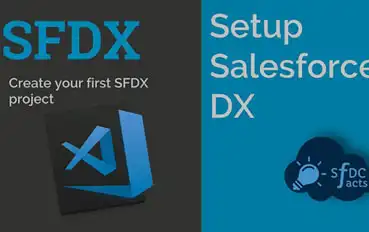
Salesforce static code analysis is an automated DevOps tool that provides real-time visibility into code health. Salesforce DevOps continues to grow in popularity, and this has led to some impressive innovations in tooling.
Why It Matters:
- Even the best developers make mistakes.
- It’s incredibly costly if one of these mistakes goes unnoticed through production and creates issues in a live environment.
- Salesforce’s development platform limitations lead to mistakes.







